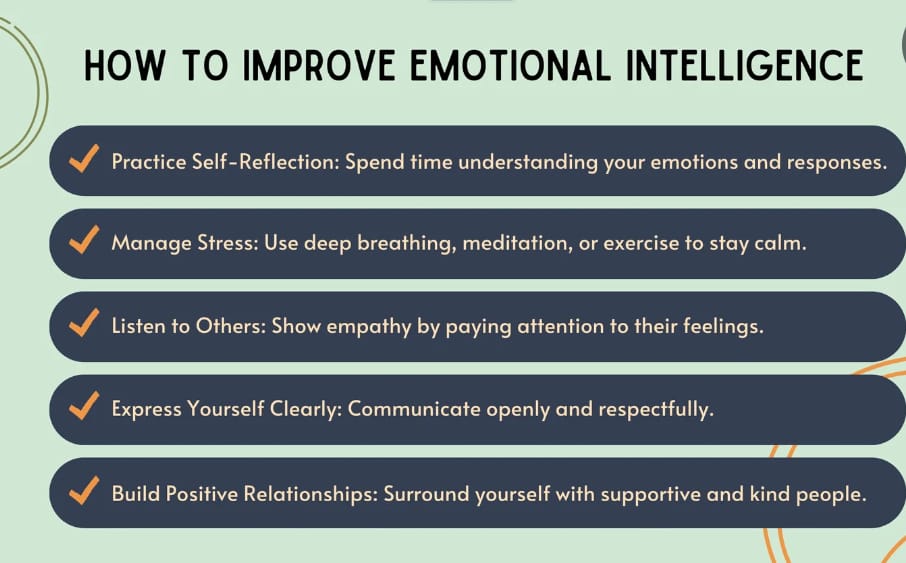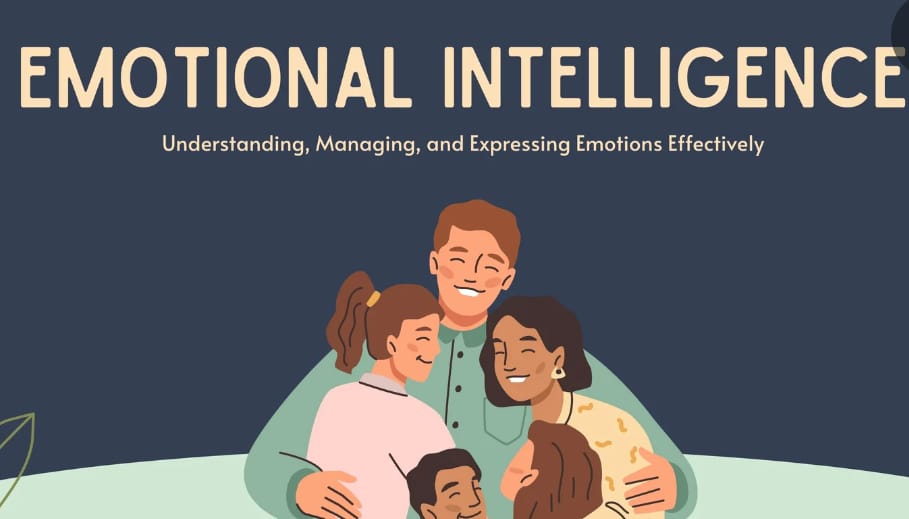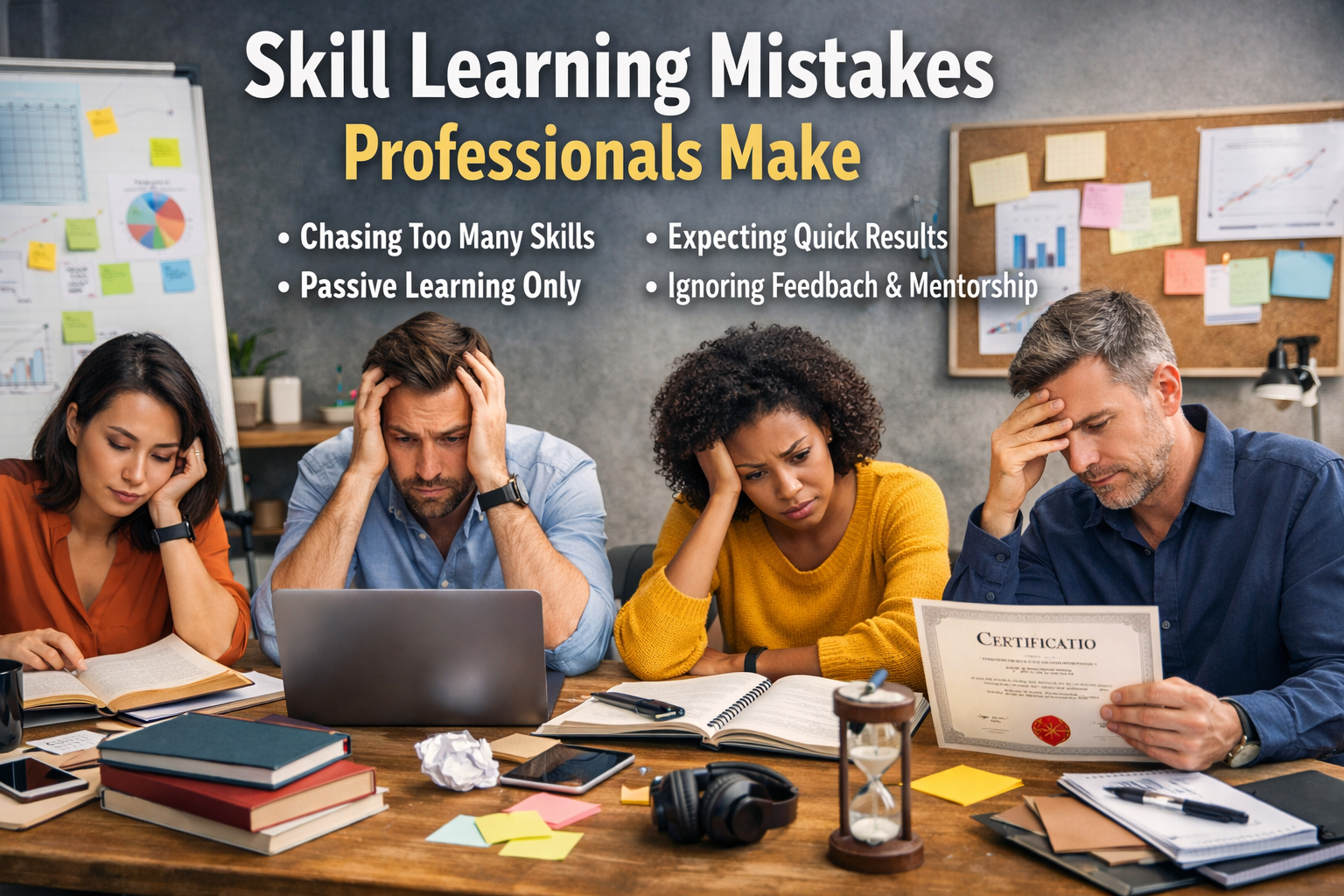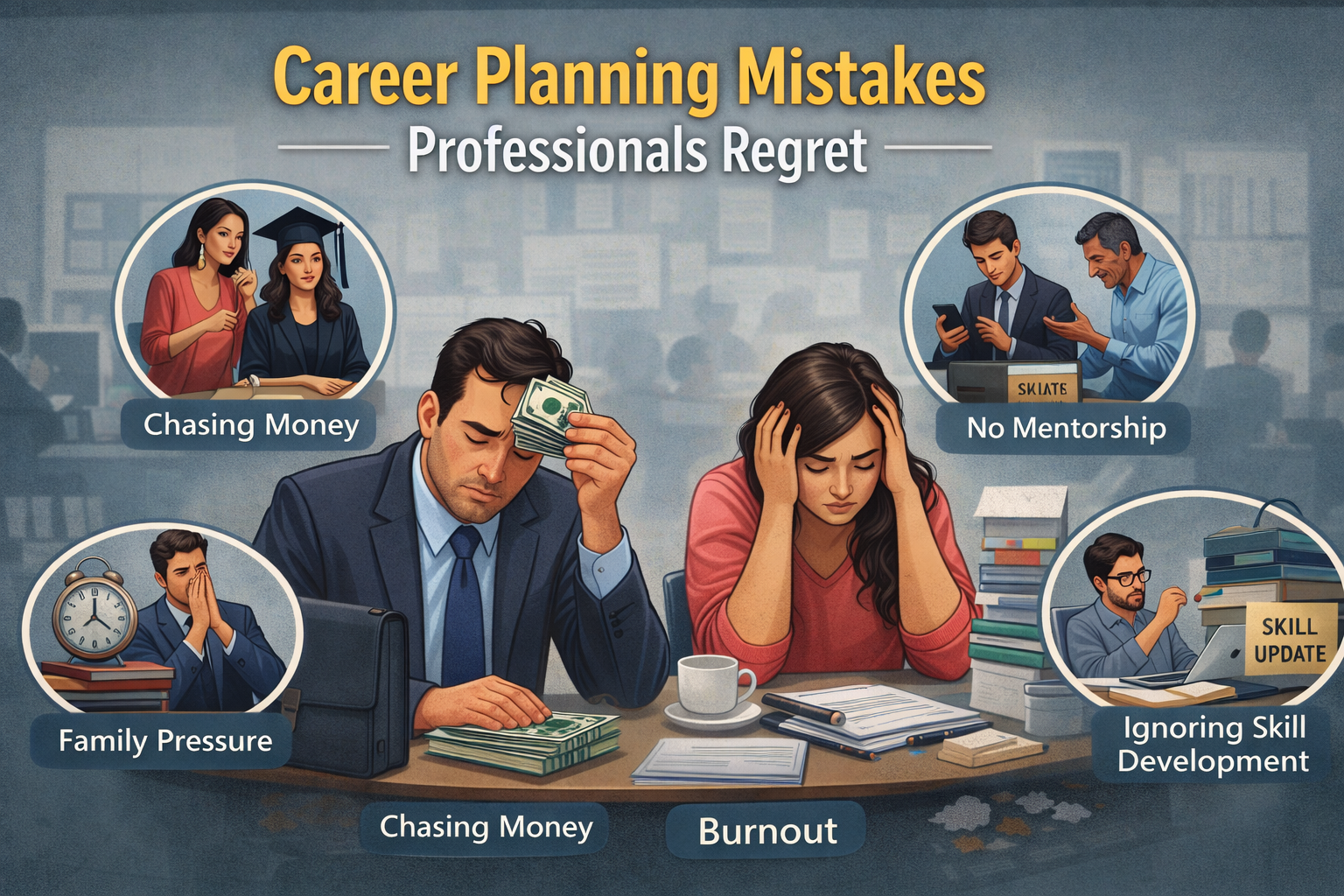Introduction
Self-awareness, empathy, and emotional control are very important in teamwork and leadership. When we are self-aware then we know about our strengths and weaknesses. Through this we can easily control our behavior and reactions. Empathy helps us to understand the emotions of other people through which we can build healthy relationships with our colleagues. Through Emotional control we react calmly in stressful situations as well. These qualities are very important for a strong leader.
Successful professionals make emotional intelligence their strength.
Like Satya Nadella the CEO of Microsoft focuses on empathy and understanding in their leadership style. He shows that teamwork and innovation improve with emotional intelligence. Similarly, Oprah Winfrey is also famous for their emotional awareness and empathy. He achieved success through positivity and compassion.
These examples teach that only technical skills are not enough we need to understand emotions to achieve success. Emotional intelligence makes us better leaders, teammate, and ultimately successful professionals.
Benefits of an Emotionally Intelligent Workplace
- A positive mindset makes it easy to achieve career goals.
When the mind is healthy and positive then we see every situation as a growth opportunity. This attitude motivates us during the time of challenges. - Self-confidence and clarity increase.
Healthy mental health improves self-confidence. When we are mentally strong than we can take our career decisions confidently and have the courage to learn from our mistakes. - Improvement in productivity and efficiency.
Mental fitness increases focus and concentration. Through this we can complete our work on time and with better quality. - Enhance problem-solving and innovation skills
When the mind is peaceful then we can think more creatively and analytically. This ability is valuable for career growth. - Make easy to handle work pressure.
A healthy mind stays balanced with stress and pressure also. Through this we do not panic with deadlines and workload and handle it calmly. - Motivation and goal consistency
We stay connected with long-term goals with the help of mental wellness. We do not discourage by short-term failures. - Improves team coordination and communication skills
When the mind is balanced then we can express our feelings and thoughts clearly. Through this People can build trust in teamwork which is helpful for career growth.
The Importance of Emotional Intelligence in the Workplace
1. Impact on Employee Performance and Job Satisfaction
Creating a supportive workplace culture is the responsibility of every employer. When a company gives priority to their employees’ emotional intelligence then a positive and trusting environment is created. Employees can easily share their ideas openly in that culture.
Mental health policies and support programs are very important. Companies should create clear mental health policies like regular counseling sessions, employee assistant programs, and wellness activities. Flexible work options like remote work, hybrid set up, and health leave help employees manage work pressure.
Companies get long-term benefits through mentally healthy employees. Those employees are more productive with creative and innovative. Stress-free environment helps to reduce absenteeism and increases employee retention rate.
2. Emotional Intelligence and Leadership
Emotionally intelligent leaders understand their team’s dynamics and connect with them. They inspire to perform best. These leaders create a positive environment where people can easily share ideas. The focus is not only about results; they also focus on people’s growth.
When the situation is tough emotionally intelligent leaders do not panic. They control their emotions and think with a calm mind. It helps them to make logical and fair decisions. These leaders teach their team members how to stay composed during times of stress.
Every leader has to face criticism in their career. Emotionally intelligent leaders do not take that personally instead take it as a chance for improvement. They use a respectful tone while taking and giving feedback.
3. Role of Emotional Intelligence and Teamwork
Emotional intelligence improves communication and understanding between team members. When team members understand the emotions of each other’s than communication becomes clearer and respectful. People can share ideas freely in this environment and collaboration becomes strong naturally, which improves productivity and creativity.
Conflict is normal in teamwork but emotionally intelligent people handle that calmly. They listen to others and try to understand the situation instead of reacting immediately. It helps to decrease unnecessary misunderstandings and problems get solved easily which helps to create a healthy and peaceful work environment.
When team members understand each other’s emotions and perspectives then they build trust for each other. Emotionally intelligent people show empathy and value everyone’s contribution. It creates mutual respect for everyone in the team and everyone feels important.
4. Emotional Intelligence in Remote or Hybrid Work
The biggest challenge in remote or hybrid work is managing emotions when there is no face-to-face interaction. Emotionally intelligent people control their mode and tone when they talk through emails, chat, or video calls. They use positive language to express their feelings.
Making connections and showing empathy in a virtual work setup is slightly difficult. But emotionally intelligent professionals try to understand the feelings and challenges of their colleagues. They check in regularly, show appreciation, and offer help at the time of requirement. It helps to develop a supportive and friendly culture in the virtual environment.
Body language and facial expressions are seen very less in online communication that’s why tone and words are very important. Emotionally intelligent people focus on how their message can be listen as friendly, rude, or confusing. They make their communication more human and warm through emojis, polite phrases, and right timing. It reduces misunderstanding and makes bonding strong.

How to Develop Emotional Intelligence?
- Practice active listening and empathy
The first step in developing emotional intelligence is listening actively. Not just understanding the words, but you should also understand the emotions and feelings of others. When you genuinely listen to others and try to understand the situation then empathy is built naturally. This skill makes you strong in personal as well as professional relationships.
- Self-reflection and journaling to build self-awareness
Understanding self-emotions is as important as understanding others. Take out time regularly and write down your thoughts and reactions like how and why you feel in any situation. This self-reflection helps you to understand your emotional trigger. Through journaling you get clarity and can track your emotional growth.
- Seeking feedback and learning emotional control techniques
Sometimes we cannot see our blind spots on our own. That’s why taking honest feedback from our colleagues and friends is helpful. You can understand how your behavior affects other people. Deep breathing, meditation, or short breaks are also very effective for emotional control.
- Continuous personal and professional development
Emotional intelligence is a lifelong skill and you need to practice it regularly. Read books, attend workshops, or see videos on the topic of emotional intelligence. Try to learn from every new experience and make small improvements in your behavior. Slowly you will increase your confidence, patience, and understanding.
Conclusion
This article covered the key aspects of emotional intelligence and how it influences teamwork, leadership, communication, and overall workplace success.
It explained how emotionally intelligent individuals can manage their emotions, build strong relationships, handle pressure, and create a positive work environment.
By understanding and developing emotional intelligence, you can improve your self-awareness, strengthen collaboration, and make better decisions even in challenging situations.
This knowledge will help you enhance both your personal growth and professional success in today’s dynamic workplace.
You can read “the role of mental health in career success” as well for better understanding.
Want more insightful blogs? Click here.







Leave a Reply